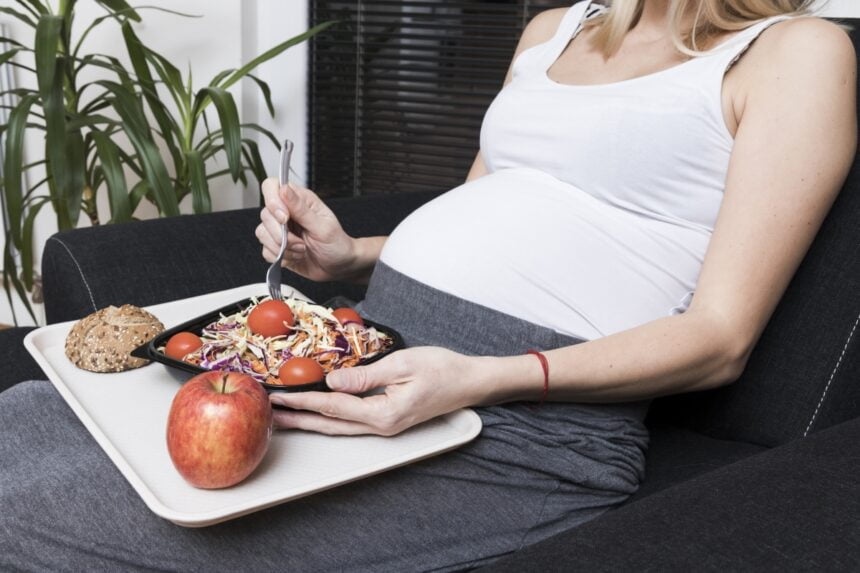You are what you eat—this proverbial statement doesn’t ring more true than for a woman who is pregnant. Eating a nutritious diet is vital in keeping a mother and her baby healthy and safe throughout pregnancy. It not only helps deliver nutrients that are essential to the fetus’s growth and development; a healthy diet also prevents pregnancy complications that may endanger both the mother’s and child’s health.
It is very important to continue eating a well-balanced diet all throughout pregnancy. Thus, the second trimester may require expectant mothers to consume certain vitamins and minerals to maintain a healthy pregnancy.
Lean Meats and Beans
Iron and protein are two of the most essential nutrients that pregnant women need, and these can be found in food sources like lean meats and beans.
Iron is responsible for delivering oxygen to different parts of the body and helps supply oxygen to the developing fetus. When the baby is not getting enough oxygen, which can be determined with the use of a toco transducer during a nonstress test, it could lead to serious neonatal complications and even unexpected early delivery. Consuming the recommended 2mg daily iron intake helps reduce the mother’s risk of anemia and other serious pregnancy complications.
Lean meats, beans, and lentils are also good sources of protein, which is required to help the baby’s brain and other tissues grow and develop. Protein also helps the pregnant mother’s breasts and uterus grow. Ideally, all pregnant women need to consume about 75 to 100 g of protein each day.
Eggs and Dairy
During the second trimester, your body needs all the calcium it can get. In fact, it even takes its dose of calcium from your own teeth and bones just to provide for the little one. This is the reason why pregnant women need to get extra calcium from the food they eat. It helps the baby grow healthy and also prevents the mother from getting brittle bones and losing her teeth!
Since the body isn’t equipped to make calcium for itself, you have to get this nutrient from food sources or supplements. Pregnant women need at least 1,000 mg of calcium each day. For soon-to-be moms who are eighteen or younger, they need to take at least 1,300mg of calcium per day. Some of the best sources of calcium include eggs, milk, cheese, and yogurt, but you can also eat calcium-fortified food such as cereal, bread, and soy drinks.
Dark-Green Leafy Vegetables
Dark-green leafy vegetables, such as kale, spinach, and collard greens, are the best sources of folate. Folic acid is a vital requirement during pregnancy. It helps prevent neural tube defects and keeps the risk of premature labor at bay. Studies also show that folic acid may significantly decrease the baby’s risk of congenital heart defects.
During the second trimester, pregnant women need about 400 to 800 mcg of folic acid daily. Aside from dark-green leafy veggies, it can also be found in black-eyed peas, oranges, and whole grains like rice. While it is advised to include these nutrient-packed foods in your diet, you may still be required to take a prenatal vitamin or a folic acid supplement to meet the daily requirements.
If you haven’t been conscious of your daily food intake, pregnancy is the best time to do so. Keeping yourself healthy during this crucial yet wonderful time not only benefits your body but also helps tons to your baby’s health.

